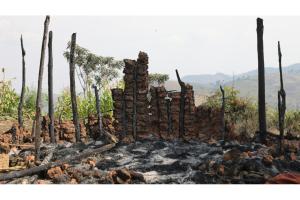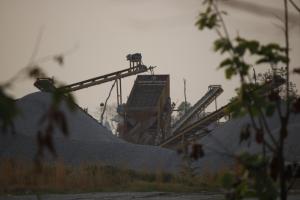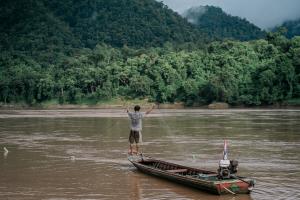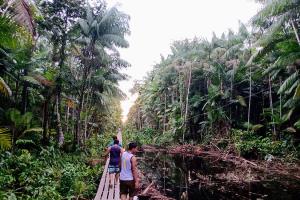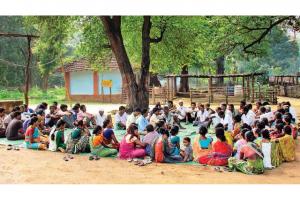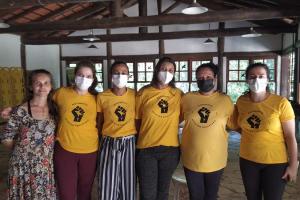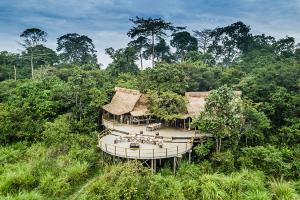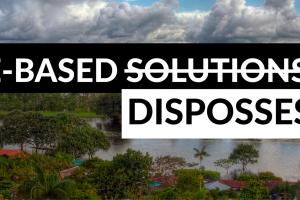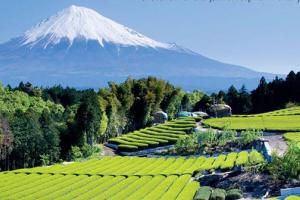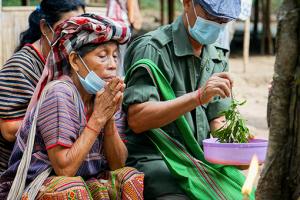Protected Areas
The 'parks without people' conservation model has its roots in the 19th century U.S.A. It has expanded worldwide and given rise to an elitist conservation industry dominated by big conservation NGOs. This model has become another major threat to the physical and cultural survival of forest-dependent communities, their knowledge and their traditional conservation practises.
The Sangha region is entirely under the control of three concessions that have colonial origins and continue to deploy guards against the forest inhabitants to prevent them using their ancestral lands.
It is imperative to understand the concept of ‘nature-based solutions,’ to name it for what it is: ‘nature-based dispossessions’, and to expose the real threat it poses to territories.
While the concept of ‘Nature Based Solutions’ has eagerly been seized upon by polluting industries, financial institutions and governments, its origins lie somewhere else.
The term ‘nature-based solutions,’ in the context of the exclusionary and predatory projects that gather behind it, reveals something fundamental.
Indigenous Karen People from Bang Kloi returned to their ancestral home in the Kaeng Krachan forests, after years of dispossession due to the creation of a National Park. Karen communities are mobilizing in solidarity to the Bang Kloi communities’ right to return home.
